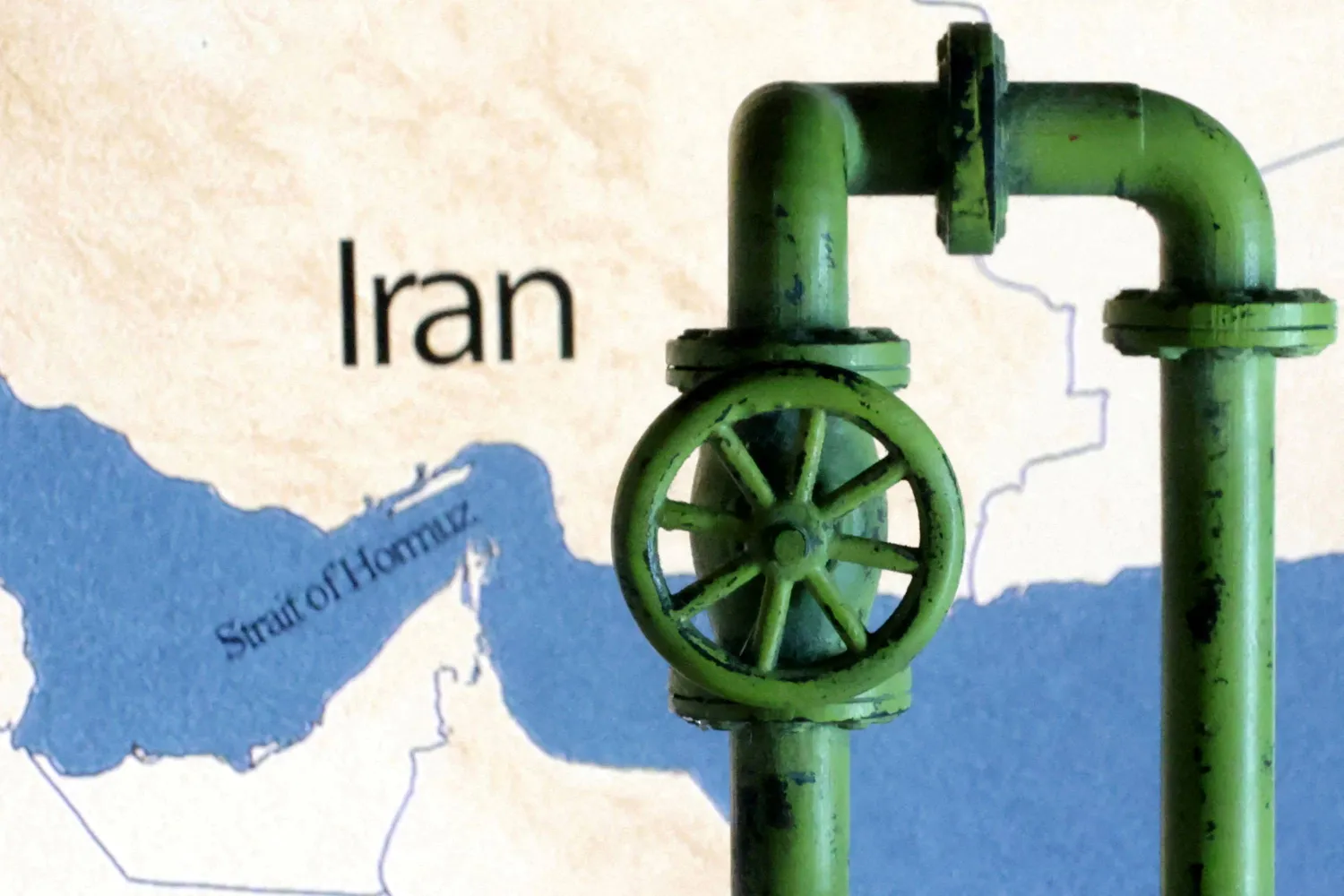Chairman of the Council of Saudi Chambers Ajlan al-Ajlan revealed that all Saudi national companies have stopped all of their dealings with Lebanese companies in response to what he said was the Lebanese government warranting terrorist attacks against Saudi Arabia.
All Saudi companies will not deal with Lebanese companies or economic sectors, al-Ajlan told Asharq Al-Awsat, adding that Saudi firms will abstain from dealing with the Lebanese government.
According to al-Ajlan, cutting dealings with Lebanon is the least Saudi companies and businessmen can do to stand in solidarity with their country. Lebanon’s government had justified terror attacks launched against the Kingdom and its people, a matter which is unacceptable.
Al-Ajlan added that the swift move by Saudi companies to stop commercial dealings heeded the call he made earlier on Twitter to stop all commercial and economic dealings with Lebanon.
His call came to respond to the persistent targeting of Saudi Arabia with drug smuggling and justifying all forms of terrorist acts staged against the Kingdom.
Regarding Saudi investors in Lebanon, al-Ajlan confirmed to Asharq Al-Awsat that the suspension of cooperation includes all economic and commercial levels as well as investment.
“It is illogical for the Lebanese government to continue this behavior of encouraging terrorist acts and flooding the Saudi market with drugs without facing consequences,” said al-Ajlan, adding that the Saudi government had previously tried cooperating with Lebanese authorities to stop such actions.
Lebanon’s economy is set to shed around $220 million in the value of total exports because of the move by Saudi companies. The Levantine country’s total exports do not exceed $3 billion.
The Lebanese agriculture sector will receive the hardest hit with a loss estimated at $92 million.
Lebanese producers will face a problem in finding alternative markets for the export of Lebanese industries and agriculture, since these products do not meet the requirements of the European Union.









